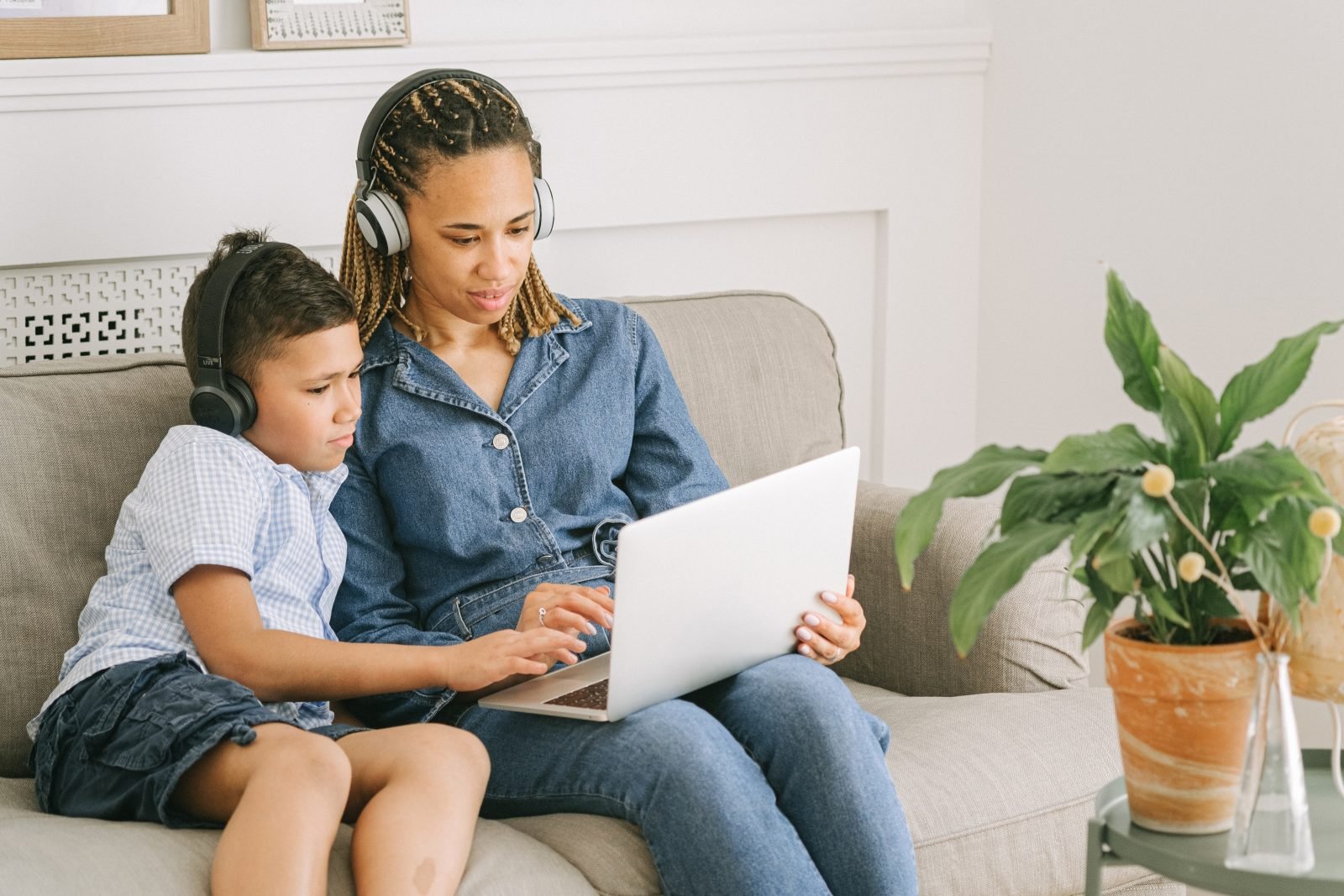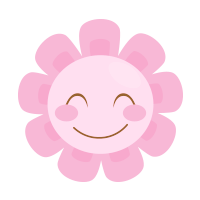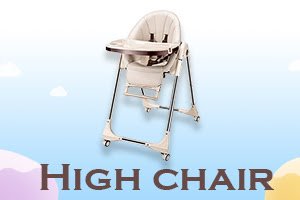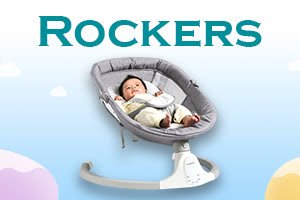5 Common Misconceptions About Potty Training

Parenting is a hilarious experience. You begin with little knowledge and gradually gain it. Then, just when you think you’ve got it all figured out, you’re confronted with a fresh page of parenting you weren’t aware of. Potty training is a typical example of a parenting responsibility that we know is coming, but we’re never ready for it. The beauty of parenting in the twenty-first century is that we have access to a wealth of resources to assist us in overcoming these challenges. But how do you tell what’s real and what’s not? Which tactics have shown to be effective? What will pique your toddler’s interest?
I deal with families on all aspects of parenting as an Early Childhood Developmental Specialist. But I spend the most of my time assisting families with potty training. I design tailored programmers or facilitate seminars to assist parents feel secure while achieving achievement. Potty training appears to be one of the most difficult responsibilities for a parent, owing to the difficulty of teaching a new skill to a “teenager.” But also because many myths seem to deter us as parents and add fear to an already arduous task.
5 Common Misconceptions About Potty Training
I’m going to dispel the top five myths about potty training today. I wish to help you overcome your fears, acquire confidence, and perhaps learn something in the process.
1. Boys are a lot more difficult to potty train than girls.
In the world of parents, I often wonder where this tall myth originated. It’s a myth that parents keep repeating to me as fact before even attempting to potty train their child. The truth is that this isn’t the case. It has never been shown that potty training a boy is more difficult, nor has it been demonstrated to be correct in my experience. Potty training your son may require more preparation and action than potty training a girl, but making it harder… not so much.
It’s important to make sure that all liquids are “aimed” properly in the toilet. You’ll also have to decide as a family if you want to train your son to urinate while sitting or standing. These are the “potty prep” things to complete before beginning potty training. Yes, it adds two more steps to the procedure. However, if done ahead of time, the training process is identical for both males and girls.
2. Begin early (before your child is two years old) and your child will learn on his or her own.
Parents believe that if they put their child on the potty, the child would figure it out on his or her own. Many parents rush to the potty and place their child on it once they pee or poop. They hope that the youngster will link these body functions to the toilet. This belief comes from various cultures who feel that this is the best way to potty train your child, and the myth has made its way to the United States.
Although certain linkages may exist, children must first comprehend their urges cognitively and physically. Then they’ll have to create the urge to use the toilet instead of their trousers to go to the bathroom. Around the age of 18 months (or older), these skills develop, allowing children to have the knowledge, sense of autonomy, and competence needed to succeed in potty training.
3. By the age of X, your child should be potty trained.
Potty training is sometimes misunderstood as a skill that must be learnt by a specific age. Potty training is a developmental milestone, not an action that should be done at a certain age. This means that it is a talent that a youngster must acquire and learn, just like walking, talking, and reading. Children grow at varying rates and in a variety of ways. The key to making sure that kids are developmentally ready to be toilet trained is to assist encourage self-care, autonomous abilities, and body awareness. They will be developmentally ready to be trained at that point, regardless of their age.
4. Choose a Popular Training Method and It Will Work
Oh, how wonderful it would be if everything was so straightforward. Potty training your child can be done in a variety of ways. Some have grown extremely popular, claiming to provide results in as little as three days. Potty training, as previously stated, is a developmental milestone rather than a learned skill. When a parent attempts a method that doesn’t work, I often hear that they must have done something wrong. What if you done everything properly, but your child isn’t the appropriate match for it? Usually, this is the case. Children do not all learn to walk, talk, eat, or sleep in the same way. So why should learning how to use the restroom be any different? Working with your child to understand what motivates them, what makes them feel safe, and developing your own “Potty Plan” is a quick way to see results.
5. It’s Just a Matter of Self-Control
This is the most perplexing myth. Potty training may quickly devolve into a power struggle, leaving both parents and children frustrated and helpless. Parents may tell their children that the shop is out of diapers or use bribes to get them to use the potty. Others may find themselves withholding toys or threatening discipline if the youngster does not succeed in using the toilet. This may appear to be severe. However, if you are at your wit’s end and believe your child is intentionally causing accidents, you may resort to this type of discipline. Keep the power out of potty training and make it as self-sufficient for your child as possible. This will help to lessen the likelihood of worry, fear, and other concerns that contribute to a power struggle.
Parenting doesn’t have to be a nightmare when it comes to potty training. It’s possible that it’ll be exciting! You’ll finally be able to get rid of the diapers and have a more self-sufficient child. This will allow you to try new things (like swimming in the adult pool at the swim club) without having to worry about a soaked swim diaper. The hard part is getting to that day.
These myths can make us parents lose faith in our ability to make it happen, especially if we have tried before and failed. Stay confident, go back to the basics, and personalize your training to your child and family dynamic. After all, it’s for them that you’re doing all of this. Why not make it enticing to them right from the start? Who knows, you may even find that it was easier than you imagined.
Explore the premium Quality Baby Potty Training seat Online India at the best price from https://staranddaisy.in/

























Leave a Reply
View Comments